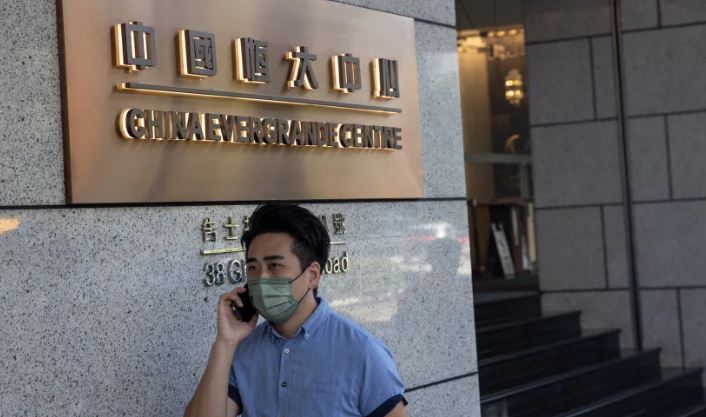Shanghai (China)
“2023 is a crucial year for Evergrande to fulfill its obligations as a company. I believe that we can fulfill our mission to deliver (projects), pay various debts, eliminate risks and start a new chapter of survival as long as when we all work together and don’t give up when it comes to resuming construction, sales and operations,” Xu said in a letter to employees as quoted by the Hong Kong-based South China Morning Post last night.
In the letter, the executive indicated that in 2022 it completed 732 projects and delivered 301,000 homes, meeting its goals for the year.
Although Xu did not offer a turnover figure for the year, sales agreed between January and November reached some 29,120 million yuan (4,221 million dollars, 3,996 million euros), far from 735,000 million yuan (106,551 million dollars). , 100,870 million euros) that it had achieved in 2020.
Evergrande, which in mid-2021 accumulated a liability of some 300,000 million dollars and defaulted on its bonds, assured in December that the “differences” with the parties involved in the preparation of its restructuring plan “were reducing” .
The company is engaged in a campaign to divest itself of assets by raising as much money as possible while its Hong Kong shares have remained frozen since March last year after having lost almost 90% of their value since the beginning of 2021.
After failing to meet its financial obligations, Evergrande incurred in a situation of ‘cross-default’ (“cross insolvency”), in which the default against a single creditor is enough for others to claim the repayment of their loans.
Precisely one of its creditors, who was trying to recover some 110 million dollars, filed a liquidation petition against Evergrande in June 2022 before the Hong Kong Court, whose next hearing is scheduled for March 20.
The financial position of many Chinese real estate companies worsened after, in August 2020, Beijing announced restrictions on access to bank financing for developers that, like Evergrande, had accumulated a high level of debt, supporting their growth for years with aggressive leverage policies. .
In recent weeks, given the crisis in the sector, the Government has changed its tone and has announced various support measures, with state banks also opening multimillion-dollar lines of credit to various developers.

